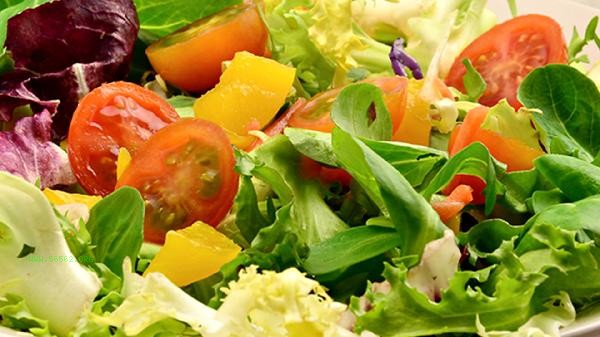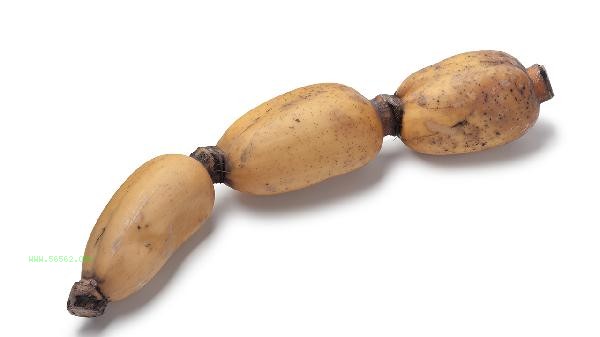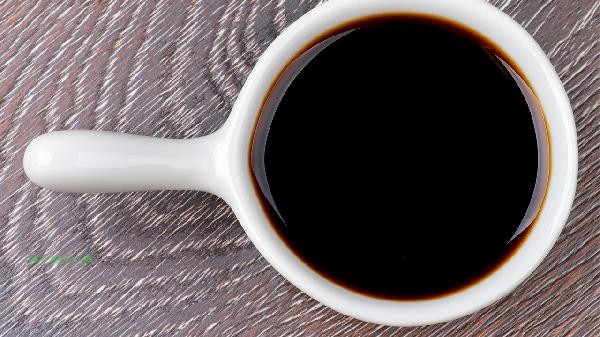Blanching high purine foods can reduce some purine content. Purines are easily soluble in water and can be partially dissolved by blanching, but cannot be completely removed. When high purine foods such as animal organs, seafood, etc. are blanched in boiling water, their cellular structures are broken by heat, and purines will seep out with water. Experiments have shown that the longer the blanching time and the more water, the higher the purine loss, but the loss rate is greatly affected by the type of food and cutting method. For example, the reduction of purine in whole meat after blanching is limited, while purine dissolution is more pronounced in sliced or small pieces of food. After blanching, it is recommended to discard the soup and avoid ingesting dissolved purines again.

Some purines exist in the nucleus of the cell and are tightly bound to proteins, making it difficult to completely separate them by simply blanching. The purines in shellfish with shells are mainly distributed in muscle tissue, and blanching can only remove surface free purines. For patients with gout or hyperuricemia, blanching can be used as an auxiliary method, but it is still necessary to control the total intake of high purine foods. Dried seafood products may have higher purine concentrations after soaking, and the blanching effect may be limited.

In addition to blanching, it is recommended to pair low purine vegetables and fruits with daily diet to promote uric acid excretion. Avoid drinking alcohol or high sugar beverages simultaneously to reduce endogenous purine synthesis. People with high uric acid levels should regularly monitor their blood uric acid levels and, if necessary, use uric acid lowering drugs under the guidance of a doctor. They should not rely solely on blanching to control purine intake.









Comments (0)
Leave a Comment
No comments yet
Be the first to share your thoughts!